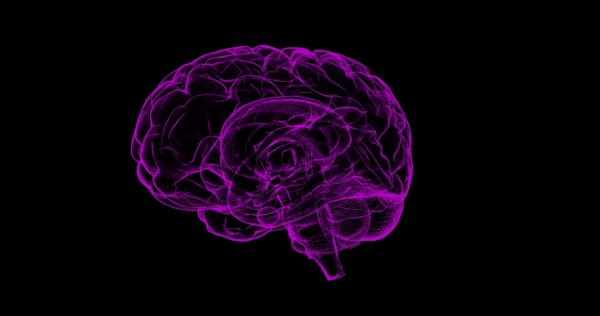New Epigenetic Clock Can Show Aging of the Human Brain
The clock influences your daily activities. It dictates what time you should rest, go home, have some leisure, work, and even eat. For some very strict people, they tie their activities at a specific time and tell them which phase or activity they should work on.
But did you know that there are clocks that influences the system of our body? According to Sleep Foundation Org, a clock called Circadian clock, influences or regulates the timing of periods of sleepiness and wakefulness throughout the day. But did you know that there is another clock that can determine how old our brain is? That wonder clock is called an Epigenetic clock.
Scientists from the University of Exeter developed a newer version of the epigenetic clock. Using human brain tissue samples, researchers from the university said that their version of the epigenetic clock is more accurate than the previous ones that use blood samples or other tissues.

ALSO READ: Researchers Reveal How a Keto Diet Could Help Reduce Alzheimer-Causing Fungi in the Gut
Director of Research and Influencing at Alzheimer's Society, Fiona Carragher, said in an interview with Exeter that Epigenetics is a booming area in dementia research. She furthered that the study is very valuable as the role and impact of Alzheimer's disease and brain aging are sought to be continuously understood.
The University of Exeter said in an article that some individuals develop both characteristics and diseases related to aging. Understanding the biological age could help learn how to prevent diseases associated with age, such as Dementia, Alzheimer's disease. The University of Exeter also mentioned that Epigenetic Markers controls which genes are switched on and off across various cell types that form the human body. Epigenetic marks change over time, and according to them, these changes can be used accurately in predicting biological age from a DNA sample.
How is it different from the previous epigenetic clock?
The research funded by Alzheimer's Society took a unique approach using brain tissues from people aging 1 to 108 years old, which makes the study's wide range strength. The team analyzed the epigenetic marker known as DNA Methylation present in the human cortex. This brain region is involved in cognition and is affected by diseases like Alzheimer's disease.
READ ALSO: Researchers Discover New Blood Test for Alzheimer's Disease
Professor Jonathan Mill, Ph.D., research team lead from the University of Exeter, said that brain samples would clearly not be used or applied to living people telling how fast the will age. However, they can apply the study to donated brain tissues and learn more about the factors that intricate in brain diseases like dementia. Ph.D. student at the University of Exeter and first author of the study, Gemma Shireby said that their study highlights the importance of using tissue relevant to the mechanism that is needed to be explored when engineering epigenetic clock models. She added that using the brain tissue ensures that the epigenetic clock is attuned to investigate brain-related diseases such as dementia.
READ NEXT: Why Alzheimer's Disease Patients Travels Back in Time and Reminisce Their Past
Check out more news and information on Alzheimer's Disease on MD News Daily.
Oct 30, 2020 08:00 AM EDT





